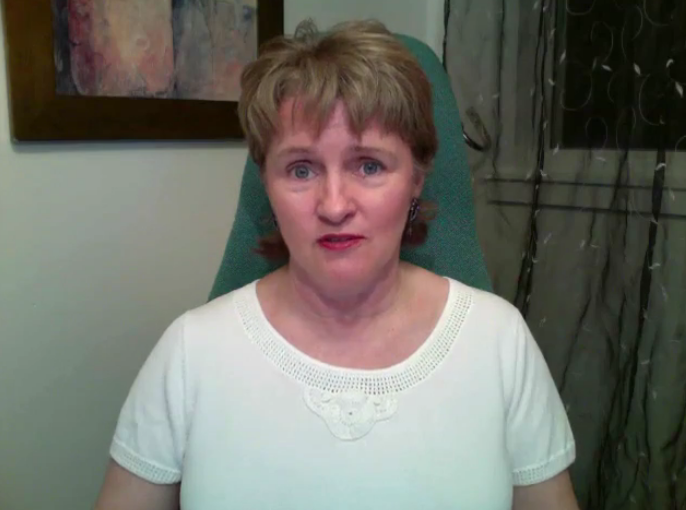Sorry for the bother

We recently moved the myShrink site but a few articles got left behind
Not to worry – the elves are working overtime, so it won’t be long now.
In the meantime, here’s some of our most popular pages:

We recently moved the myShrink site but a few articles got left behind
Not to worry – the elves are working overtime, so it won’t be long now.
In the meantime, here’s some of our most popular pages: